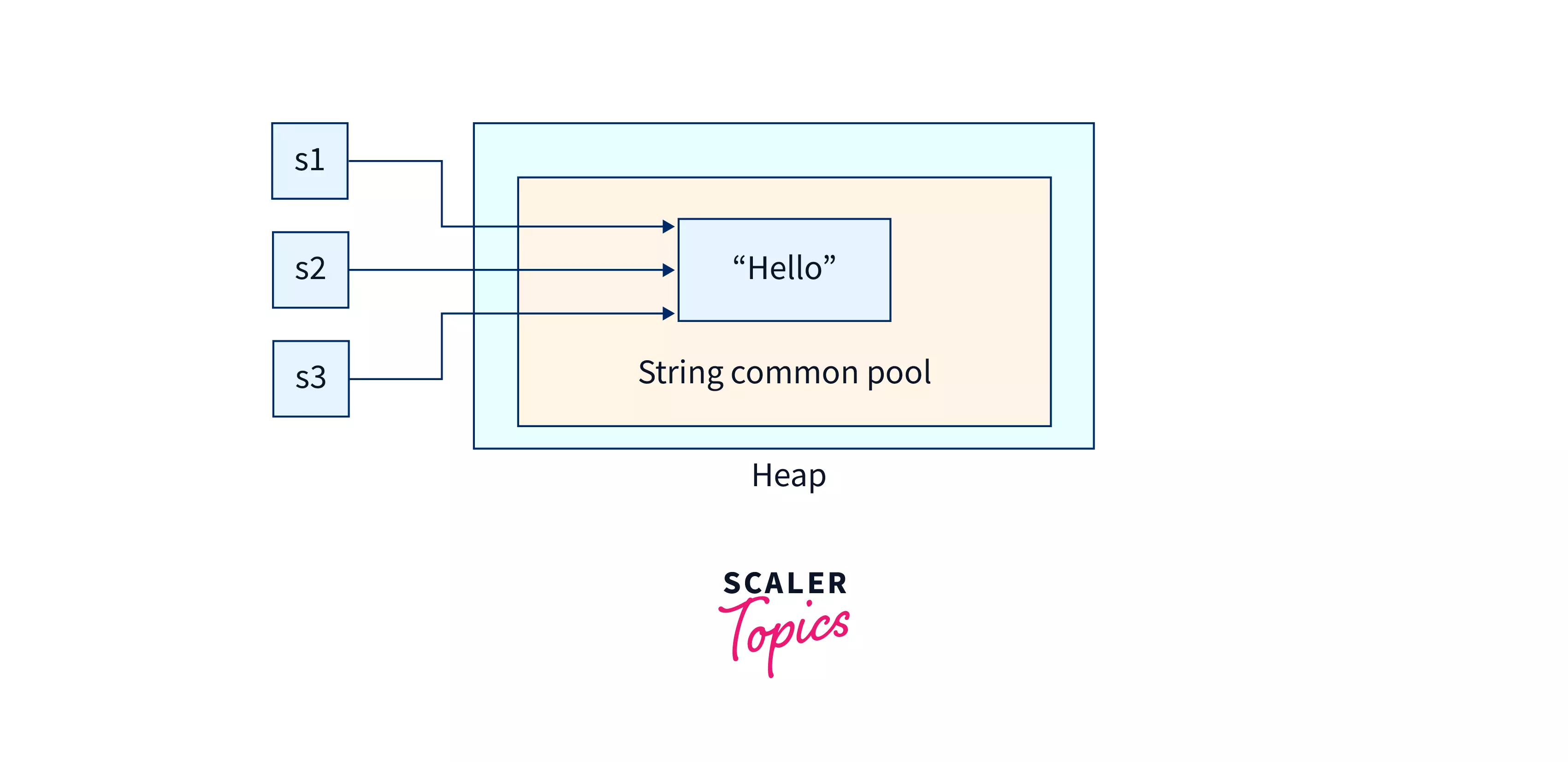Why Are Strings Immutable in Java? Recognizing the Core Principles
What Is Immutable Strings and How It Works
In the realm of programs, understanding the idea of unalterable strings is critical for developing safe and robust applications. Immutable strings refer to strings that can not be changed after they are developed, making sure data honesty and predictability within the code.
The Basics of Immutable Strings
Unalterable strings, as a basic principle in programming, are character sequences that can not be altered as soon as they are created. This implies that when a string is designated a worth, that worth can not be modified. In languages like Python and Java, strings are unalterable items, bring about various ramifications in regards to memory administration and data honesty.
Among the essential benefits of immutable strings is that they offer a sense of safety in information manipulation. Considering that the web content of an immutable string can not be changed, it ensures that the original data stays undamaged, reducing the threat of unplanned changes throughout program implementation (Why are strings immutable in Java?). This residential property also streamlines debugging processes, as designers can trust that when a string is specified, its worth will not be accidentally altered
When a brand-new string is produced based on an existing one, rather than customizing the initial string, the new worth is saved separately. Overall, comprehending the fundamentals of unalterable strings is important for understanding shows ideas and maximizing code effectiveness.
Benefits of Immutable Strings
Building upon the safety and efficiency advantages of unalterable strings, their benefits encompass improving code reliability and simplifying concurrent programs tasks. By being unalterable, strings can not be modified after development, which gets rid of the risk of unplanned adjustments in the information they save. This inherent immutability ensures that as soon as a string is developed, its worth remains constant throughout the program's execution, lowering the possibilities of insects brought on by unanticipated changes.
Furthermore, immutable strings add to code dependability by making it much easier to reason regarding the state of a program. Because strings can not be changed, developers can trust that a string will always hold the exact same worth, streamlining debugging and upkeep efforts. This predictability leads to much more secure and reputable codebases.

Execution in Shows Languages
Within different shows languages, the incorporation of unalterable strings is a basic element that impacts exactly how information is managed and adjusted within code structures. The implementation of immutable strings varies across different programming languages, with each language providing its very own systems to support this principle.

On the other hand, languages like C and C++ do not have integrated support for immutable strings. Programmers in these languages should manually apply immutability by imposing guidelines within their code to stop direct modifications to string things.
Best Practices for Functioning With Unalterable Strings
When dealing with unalterable strings in programs languages like Java and Python, adhering to ideal techniques guarantees reliable and protected information control. Among the key ideal practices is to use StringBuilder or StringBuffer as opposed to straight adjusting strings, particularly when taking care of comprehensive concatenation procedures. These courses provide mutable choices for string control, assisting to stay clear of unnecessary memory allocations and boosting efficiency.
An additional finest practice is Full Article to use string interpolation or format operates supplied by the language as opposed to hands-on concatenation. This not only improves readability however also help in protecting against common risks such as unintended string alterations. Additionally, when collaborating with sensitive information such as passwords or API secrets, it is essential to avoid saving them as simple message in unalterable strings. Using secure storage space systems like char varieties or specialized libraries for handling sensitive details assists alleviate security dangers connected with unalterable strings.
Real-world Applications and Examples
Checking out sensible implementations of immutable strings in various industries exposes their substantial impact on information honesty and system reliability. In the medical care sector, immutable strings play a critical role in making sure the protection and confidentiality of patient information. By protecting against unauthorized modifications to delicate info such as clinical records and prescriptions, unalterable strings assist preserve compliance with rigorous privacy laws like HIPAA.
Banks likewise benefit from the immutable nature of strings to improve the security of consumer information and purchase records. Immutable strings aid prevent fraudulence and unapproved changes to economic details, providing a durable protection versus cyber hazards and guaranteeing the trust fund and self-confidence of customers.

Verdict
Ideal methods for functioning with immutable strings include avoiding direct adjustments and using methods that return brand-new string things. Real-world applications of immutable strings consist of information security, caching, and string adjustment jobs.
Immutable strings refer to strings that can not be altered after they are created, ensuring data honesty and predictability within the code. When a brand-new string is developed based on an existing one, rather than changing the initial string, the new worth is stored see this here separately.In languages like Java and Python, strings are unalterable by default, implying that as soon as a string things is produced, its value can not be changed - Why are strings immutable in Java?. Best methods for working with immutable strings include preventing straight modifications and making use of approaches that return new string things. Real-world applications of unalterable strings consist of information security, caching, and string manipulation tasks